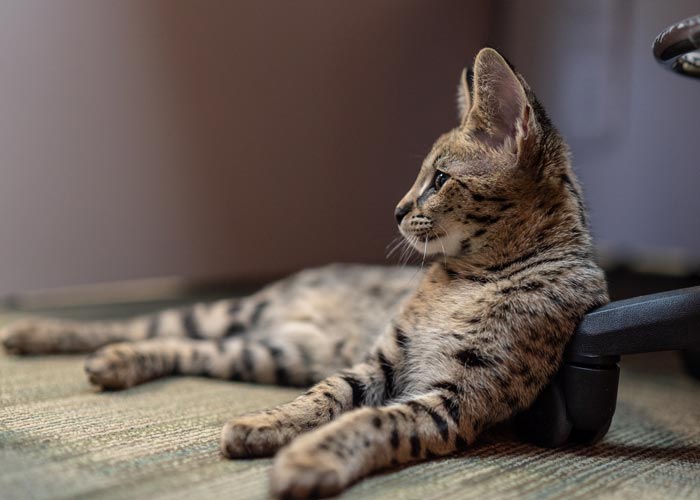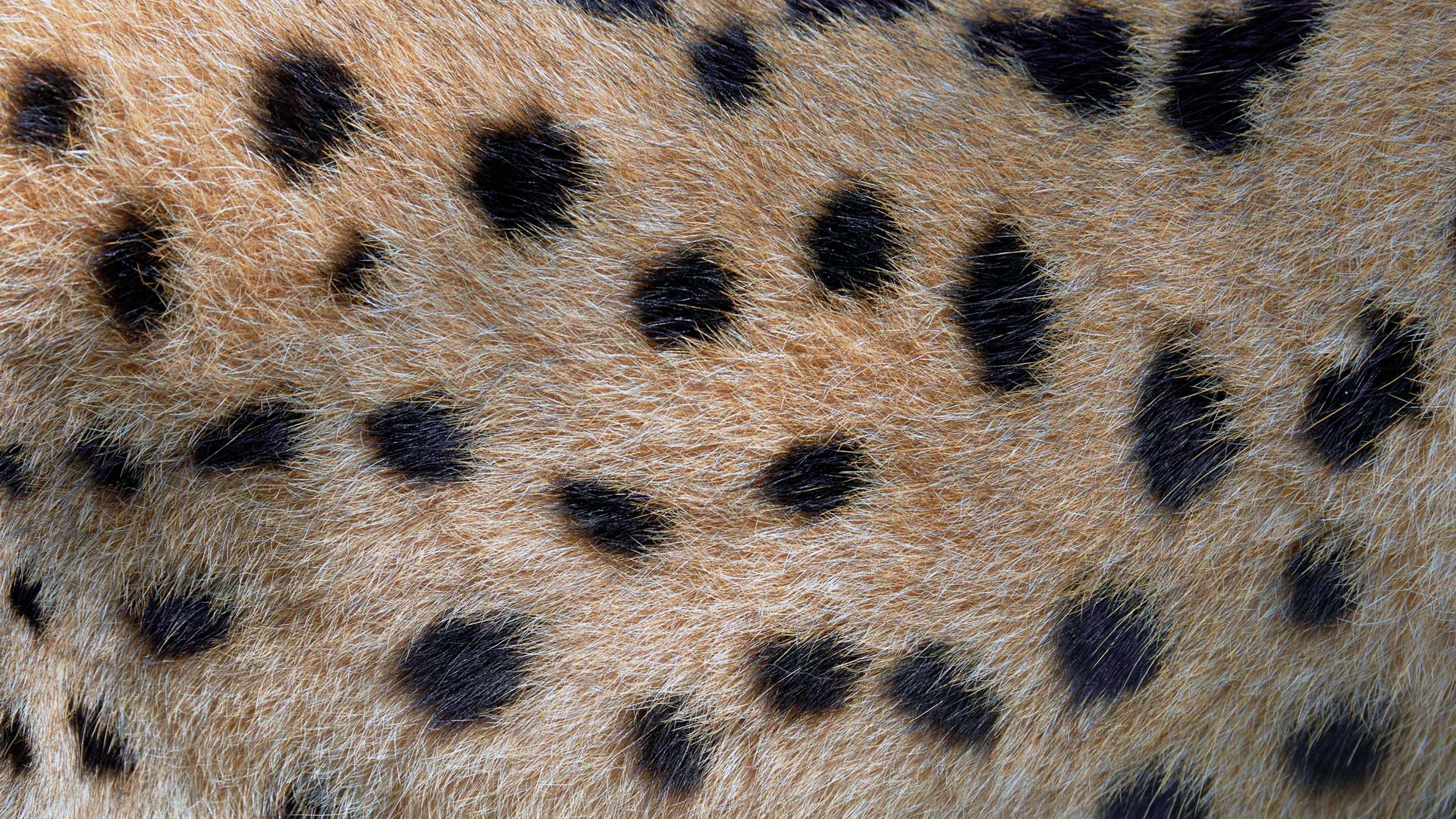 Feline viral testing usually involves testing for Feline Leukemia Virus (FeLV), Feline Immunodeficiency Virus (FIV), & Feline Corona Virus. Feline Leukemia Virus (FeLV) is one of the most important infectious viruses in cats. FeLV is responsible for several diseases in cats including leukemia. Feline Immunodeficiency Virus (FIV), another virus specific to cats, reduces the ability of the cat’s immune system to respond to other infectious agents.
Feline viral testing usually involves testing for Feline Leukemia Virus (FeLV), Feline Immunodeficiency Virus (FIV), & Feline Corona Virus. Feline Leukemia Virus (FeLV) is one of the most important infectious viruses in cats. FeLV is responsible for several diseases in cats including leukemia. Feline Immunodeficiency Virus (FIV), another virus specific to cats, reduces the ability of the cat’s immune system to respond to other infectious agents.
Savannah Cat Viral Disease Testing
Feline Infectious Peritonitis (FIP) is a disease caused by a mutated strain of Feline Coronavirus. FIP is associated with a variety of clinical signs, including the production of fluid in the abdominal and chest cavities.
FeLV
Cats that are diagnosed with persistent FeLV infection by ELISA testing may die within a few months or they may remain asymptomatic for longer; average survival time after diagnosis is 2.5 years. Signs and symptoms are rather varied. Loss of appetite, poor coat condition, seizures, swollen lymph nodes, fatigue, weight loss, and litter box avoidance are just a few possible signs/symptoms.
FeLV is categorized into four subgroups:
- FeLV-A is responsible for the immunosuppression characteristic of this disease. All cats with FeLV have FeLV-A
- FeLV-B causes an additional increase in the incidence of tumors and other abnormal tissue growths. About one half of FeLV infected cats have FeLV-B.
- FeLV-C causes severe anemia. Only about 1% of cats with FeLV infection have FeLV-C.
- FeLV-T leads to lymphoid depletion and immunodeficiency.
The fatal diseases include leukemias, lymphomas, and non-regenerative anemias.
FIV Feline Immunodeficiency Virus (FIV) attacks the immune system of a cat, leaving it vulnerable to many other infections. Infected cats may be symptomatic for years but will eventually suffer from this immune deficiency, which allows normally harmless bacteria, viruses, protozoa, and fungi found in the everyday environment to potentially cause severe illnesses.
The most common means of transmission is through bite wounds. As such, it is most commonly transmitted from outdoor aggressive male cats. Cats that are strictly indoor cats are at minimal risk. It is estimated that about 3 % or less of cats in the U.S. are infected with FIV.
Infected cats may show a progressive deterioration in its health, or may have bouts of illness in between periods of relatively good health. The virus enters lymph nodes and from there travels throughout the body.
Signs and symptoms of FIV infection can be vague and varied. Poor coat condition, loss of appetite, and fever are common in infected cats. Gingivitis, oral infections, skin infections, bladder infections, eye infections, and respiratory infections may also occur.
Feline Infectious Peritonitis
Feline Coronavirus (FCoV) is a virus infectious to cats worldwide. There are two different forms; the FECV (feline enteric coronavirus) that infects the intestines and the FIPV (feline infectious peritonitis virus) that causes the disease FIP. Feline coronavirus is typically shed in feces by healthy cats and transmitted by the fecal-oral route to other cats.
The transmission rate is higher in multi-cat environments than in single-cat environments. The coronavirus is insignificant (as FECV) until mutations cause the virus to be transformed from FECV to FIPV. FIPV causes feline infectious peritonitis, for which there is no known cure, and treatment is based on symptoms and is the only palliative.
Cats with the FECV form of coronavirus generally remain healthy despite systemic infection. Feline enteric coronavirus is generally regarded as the anti-virulent form of FCoV. Feline coronavirus is commonly detected in healthy and diarrheic cats with a prevalence that can range from 35-75 %.
